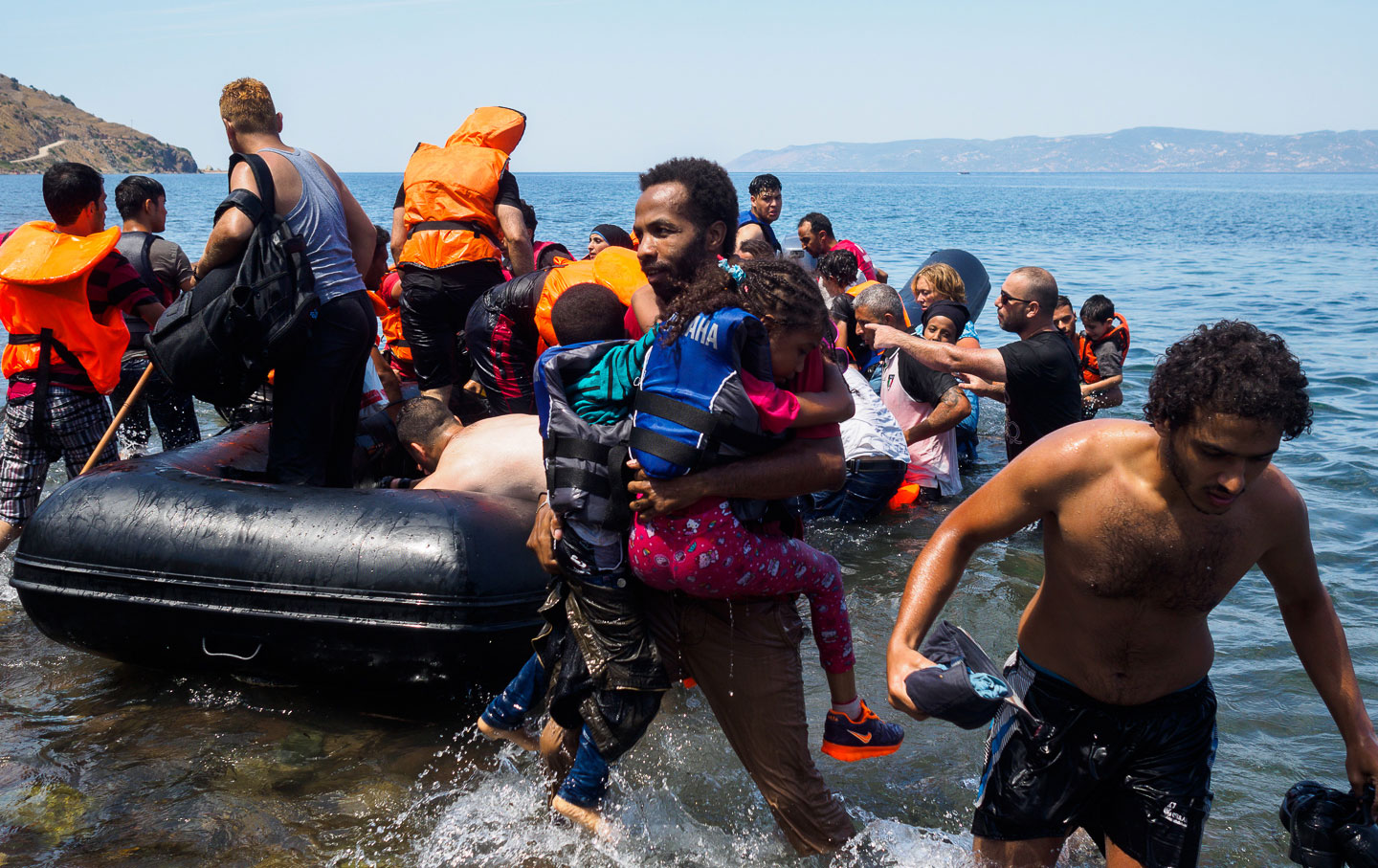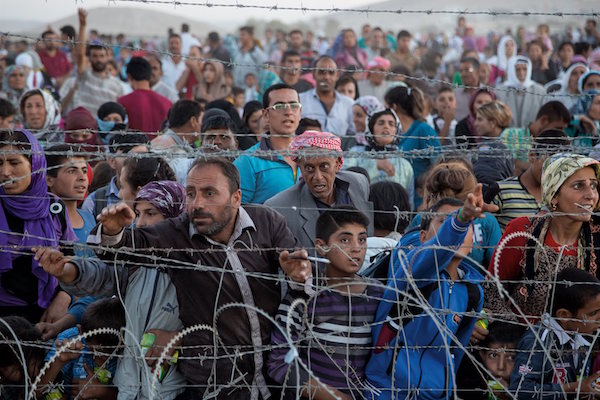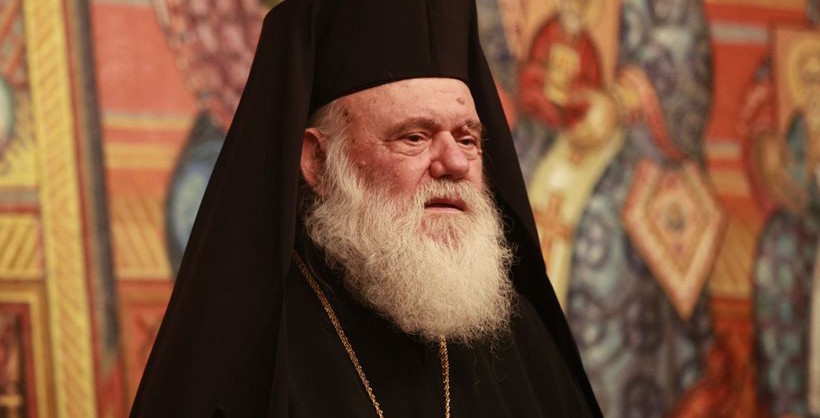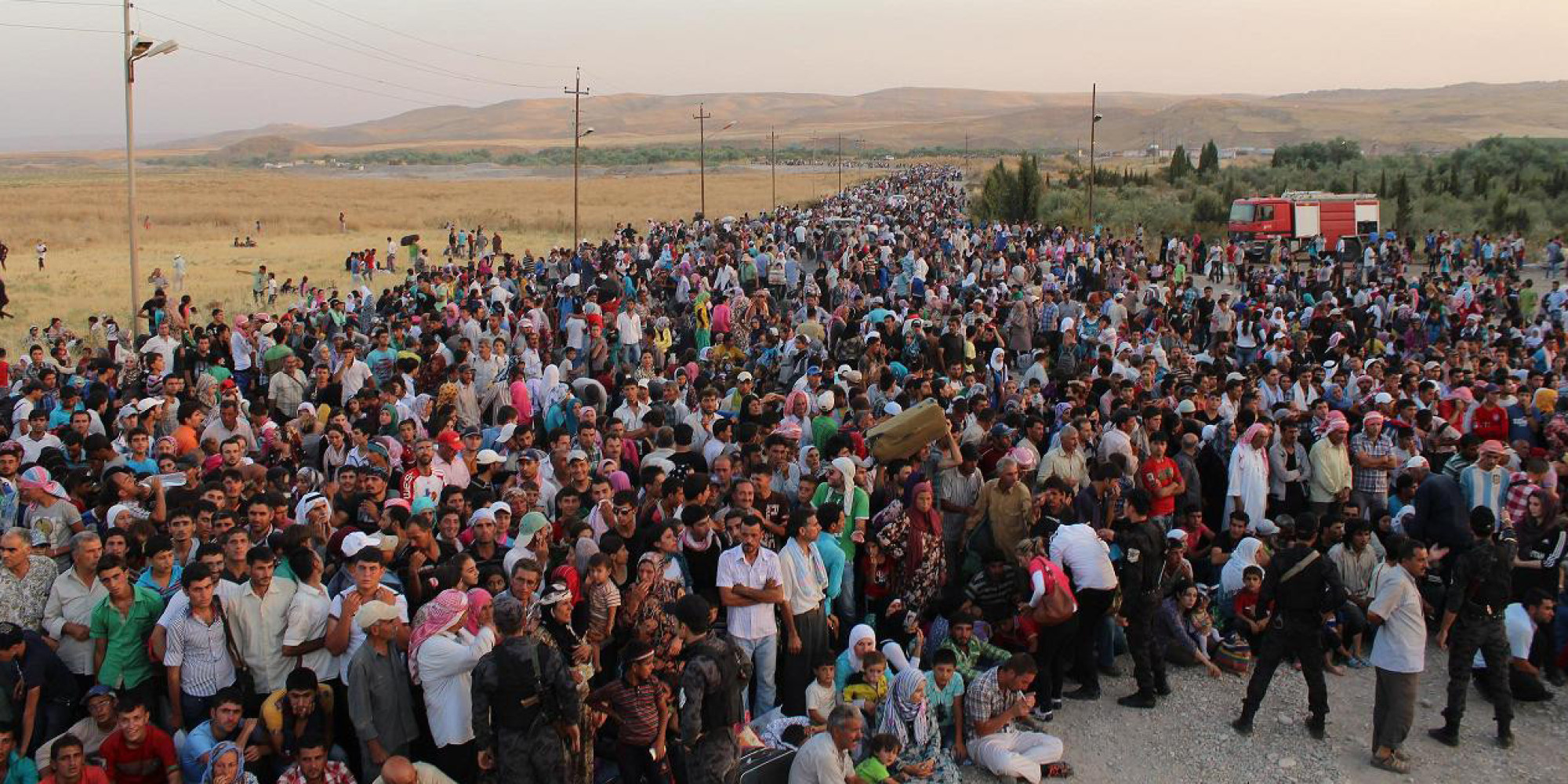IT SEEMS barely credible that the summer of 2015 in Europe has been marked by the biggest refugee crisis that most of us can remember.
It seems even less credible that the daily horror stories about refugees across Europe have not been met with a humanitarian response from European governments but rather with high levels of brutality and disregard for human life.
According to the UNHCR more than 300,000 people have crossed the Mediterranean so far this year, compared with 219,000 for the whole of 2014. Of those arriving this year, 200,000 have travelled to Greece, with another 110,000 landing in Italy. It is estimated that 2,500 people have died this year in the course of their attempts to reach safety.
Every week, we hear of people drowning, suffocating in the overcrowded holds of ships or in container lorries as they are smuggled into Austria or Germany. Young children have been baton charged and tear gassed as they try to cross borders. Wire fences are out in place to secure borders in the same country, Hungary, where 25 years ago people were applauded for leaving.
Thousands are in terrible conditions in a camp in Calais wanting to cross into Britain. I personally witnessed, recently in southern Germany and northern Italy, police harassment of young black men, probably refugees, at railway stations as they tried to travel north.











